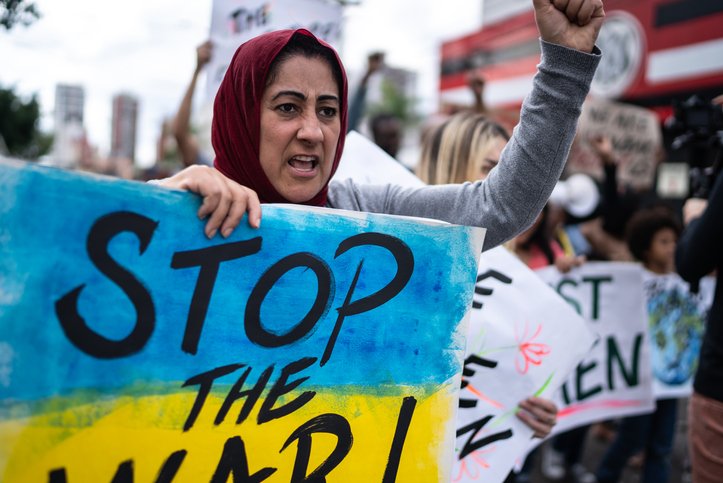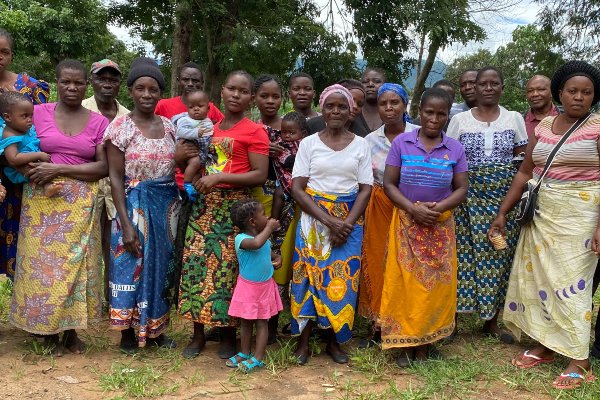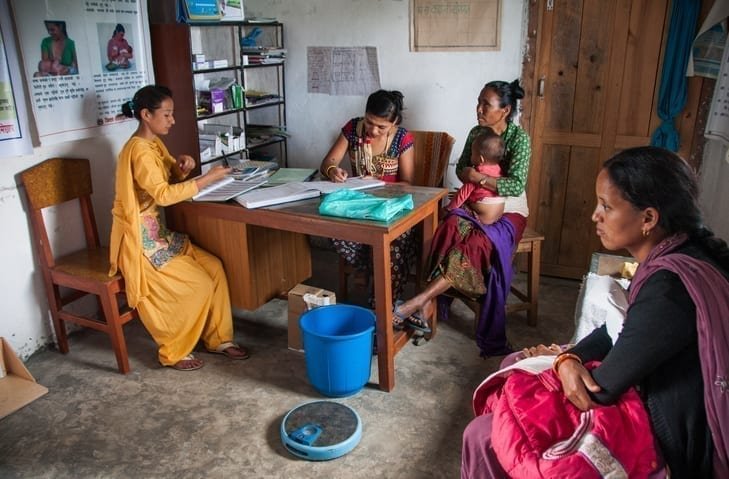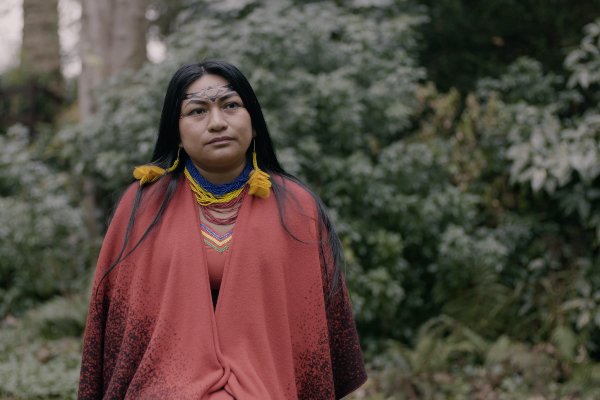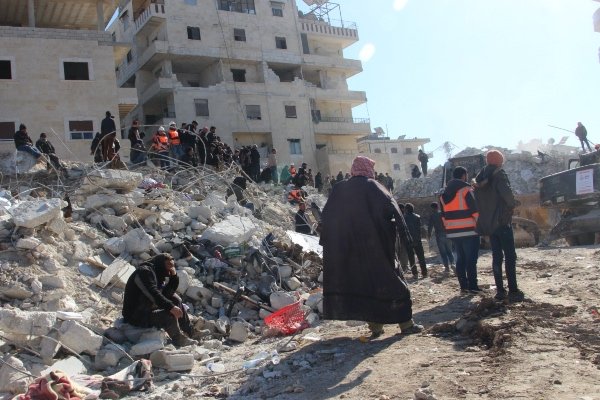Climate justice, gender equality and peace are deeply interconnected.
Around the world, climate crises and conflicts are on the rise and it is women and girls who are disproportionately impacted.
In order to develop meaningful, sustainable and inclusive solutions, leaders must listen to them.
Relief, Recovery and Peace Day
A new report by Women for Women International brings the perspectives and experiences of women survivors of war and conflict to the heart of COP28, highlighting the effects of extreme weather, environmental degradation, poverty, violence and conflict on their lives.
The release of the report coincides with the first ever Relief, Recovery and Peace Day at COP28 today (03 December).
‘The most climate-vulnerable communities are also some of the most affected by conflict and economic insecurity; communities that have contributed the least to the climate crisis.
‘By elevating the voices, priorities and solutions of the often-overlooked groups of women we support, we want to highlight these intersecting impacts of climate change, conflict and gender inequality.
‘But women are frequently excluded from participating in the decision-making processes that impact their lives. Only by including the perspectives of women and the realities of their daily life, can we create meaningful and sustainable solutions to the climate crisis.
KAVIN MIRTEEKHAN
Programme manager, Women for Women International, Iraq
Friction with ‘green’ policies
The report also uncovers the frustrations shared by local Women’s Rights Organisations (WROs) with top-down ‘green’ policies, imposed by the international community, which are insensitive to the scale of women’s daily struggles for survival in conflict settings.
Women for Women International has supported women survivors of conflict for over 30 years.
The organisation produced the assessment based on conversations with nearly 1,000 women across 14 countries including DRC, Nigeria, South Sudan, Sudan, Myanmar, Syria, Yemen, Afghanistan, Iraq and Ukraine.
Key findings reveal flooding, droughts, increasing natural disasters and extreme heat are among the biggest environmental impacts on the lives of the women surveyed, who cite food insecurity, water scarcity and the high cost of goods among the many complex challenges they face.
Access to food and water
All of the women surveyed in Afghanistan, DRC and Rwanda report experiencing food insecurity over the past 10 years, with 58% in Afghanistan saying it has worsened in the last year.
Over 70% of all the women surveyed in Afghanistan, DRC, Iraq, Nigeria and Rwanda report experiencing water scarcity over the last 10 years.
Of those, over half in Nigeria and Afghanistan report the situation worsening in the last year.
 Play Video about This Rock Might Just Save The World
Play Video about This Rock Might Just Save The World Play Video about Play 2 hours of rock
Play Video about Play 2 hours of rock Play Video about Play 2 hours of brook
Play Video about Play 2 hours of brook Play Video about Play 2 hours of sheep
Play Video about Play 2 hours of sheep

















